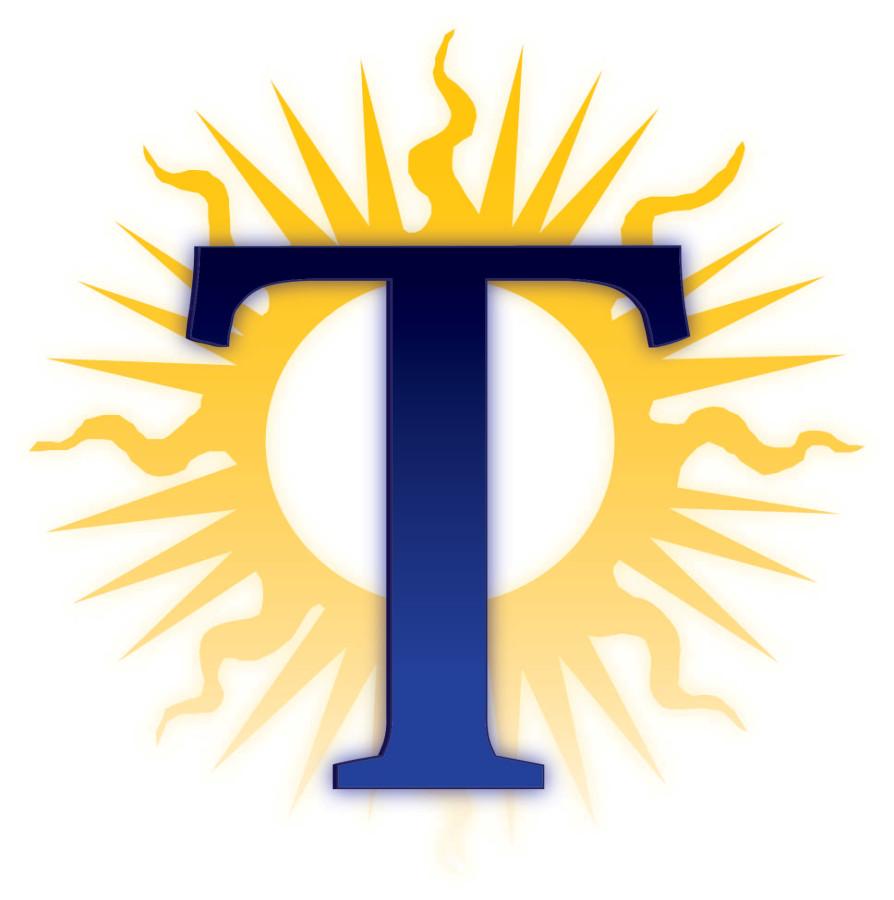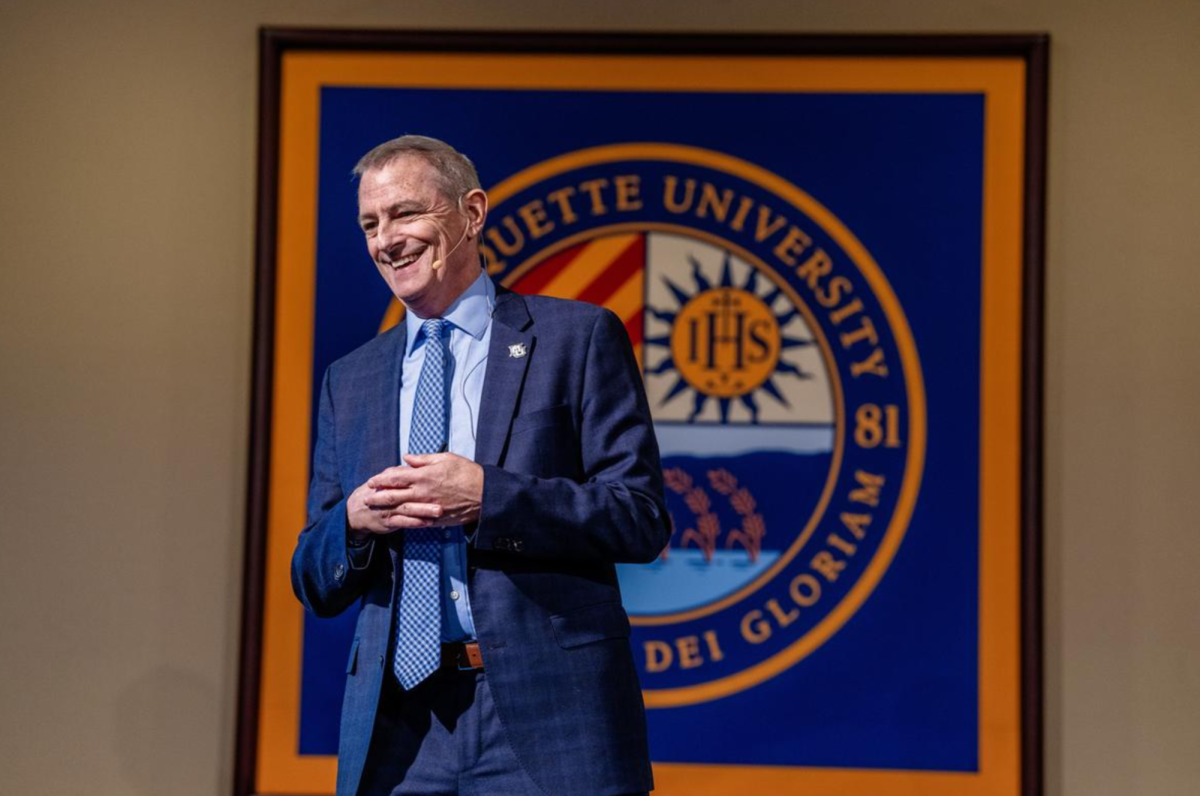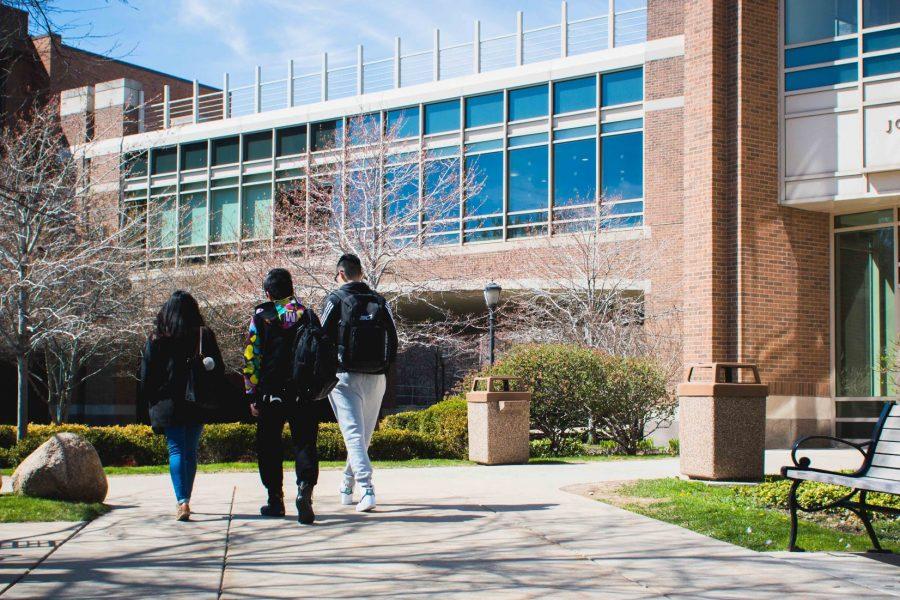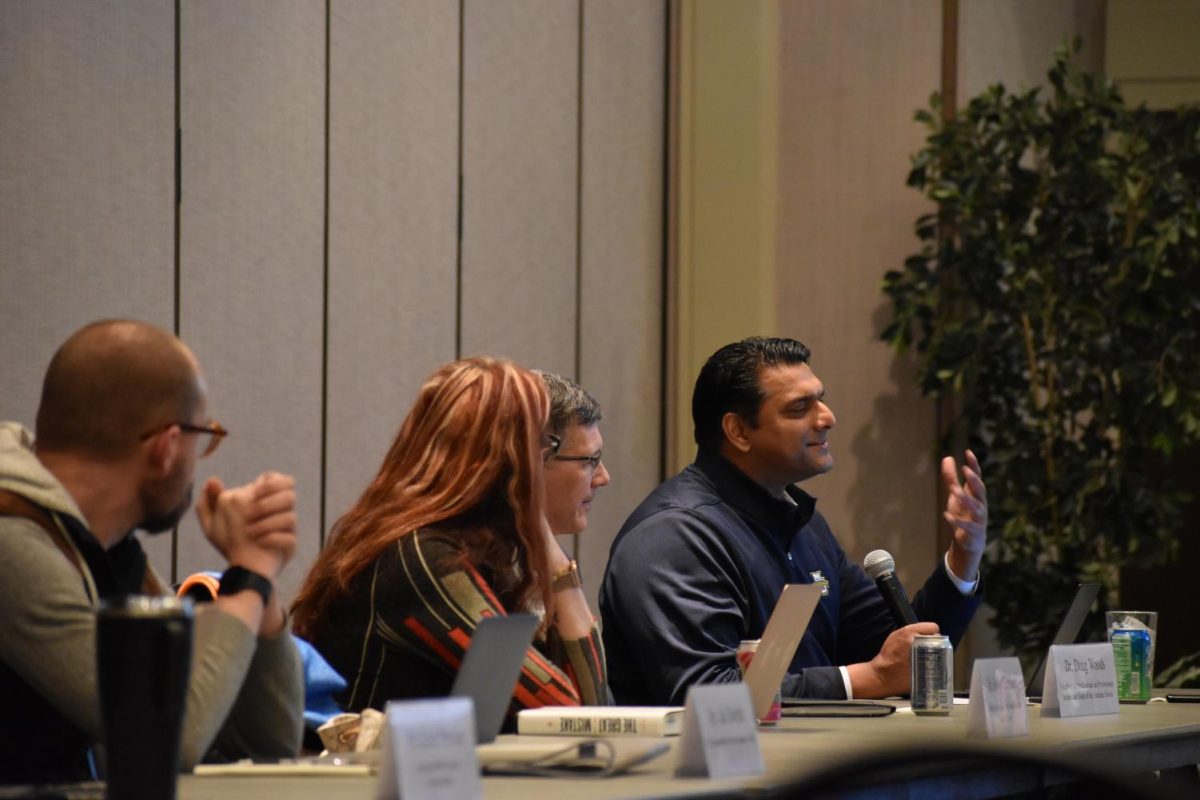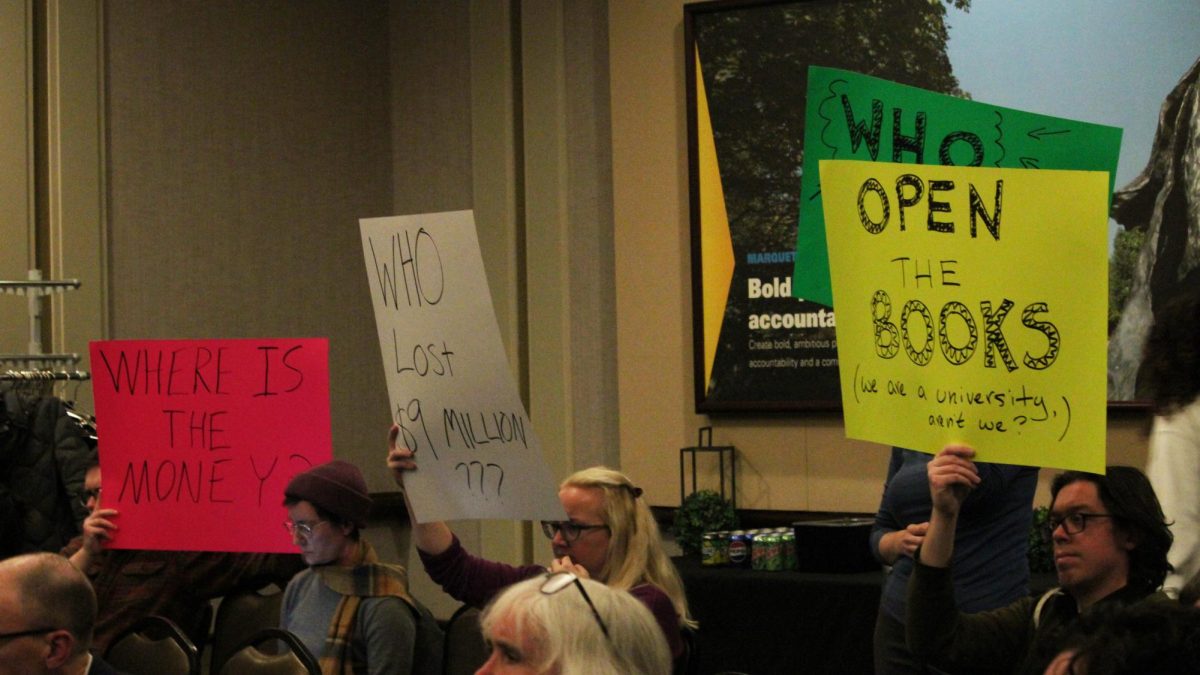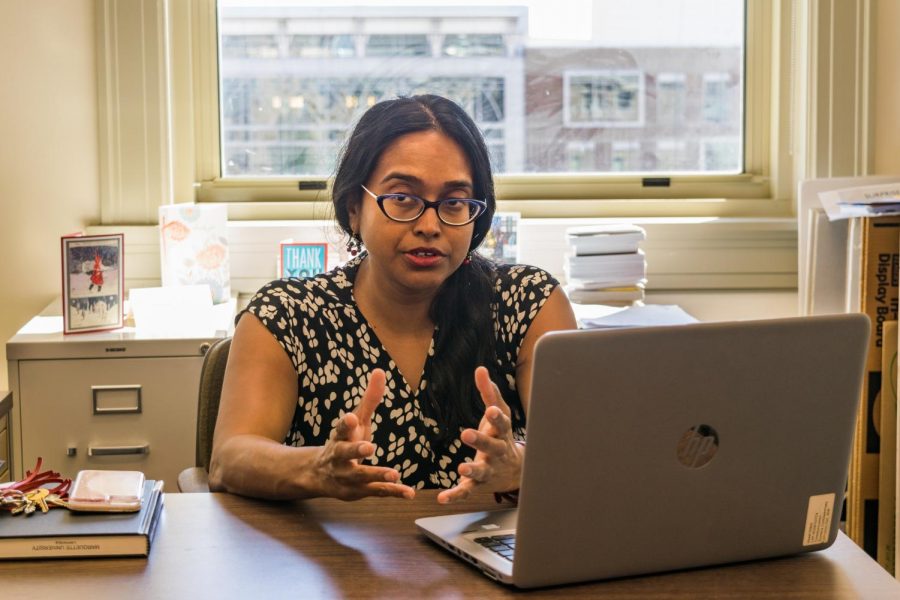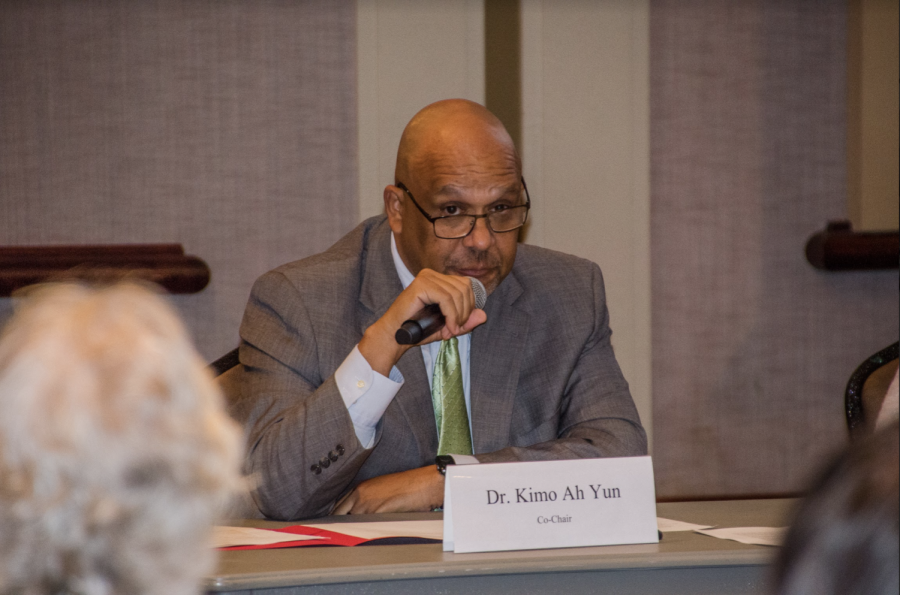Marquette University Academic Senate discussed a redrafting of the 1999 Intellectual Property Policy at its April 16 meeting, bringing up numerous concerns dealing with the document’s language.
There are two primary areas that are considered intellectual property: invented material, which would include applying for a patent, and written or creatively produced material, which requires a copyright.
“The university’s IP (Intellectual Property) Policy says that when faculty creates something patentable then the possible patent rights to that will belong to the university,” said Bruce Boyden, assistant professor of law at Marquette. “But for copyrights, the presumption’s the opposite, if faculty created something copyrightable — write a journal article or something — that they will retain the copyrights to whatever they’ve created. So the question is: how exactly does that apply to students?”
In terms of student work, any form of produced work that is minimally creative can be considered copyrightable including some software programs, photos, videos, music, art and written work. With inventions, requirements are much more rigorous. They have to be something novel, useful and not obvious, according to Boyden.
“As students become more and more involved in projects that may lead to the creation of inventions, it is important that the rights of students, faculty, and the university be laid out in an understandable way,” said Doug Smith, associate general counsel for Marquette and writer of the policy.
The policy also includes works created for the purpose of electronic courses. These are defined by the policy document as “an academic course of study, delivered in whole or in part via electronic means, and fixed in any medium capable of display on a computer or electronic media screening device.”
This area brought up concerns on the matter of how D2L may be seen as a medium for intellectual property and if it constitutes an electronic course.
“Everybody can use D2L for their courses, but this (electronic courses) is where the university invests resources and helps faculty develop online courses and this is the piece that’s a little bit newer in the policy,” said Jeanne Hossenlopp, vice provost for research.
There have been some questions on the wording of this section in the policy, though.
“I have an issue with the breadth of the definition of electronic course,” Boyden said. “D2L strikes me as electronic means; so does PowerPoint and the various tools in the classroom, so I think looking literally at the definition winds up potentially swallowing a lot of material. I think that the concern is … that the university would own anything that qualifies as an electronic course, which could be a course where materials are put up on D2L.”
Given this interpretation, student work on a site like D2L could be considered university property.
Boyden said there are two main reasons why the IP Policy is necessary. One is to advise as to who owns what intellectual properties and what the rights are and the other is to resolve disputes of ownership rights. To do this, he said, the policy could stand a redrafting.
“I think one intent is to refer to only students who are working essentially as research assistants,” he said. “But again, I think there’s parts where it’s unclear. It could potentially be interpreted to reach well beyond to just any student work created under any faculty direction, including in a class.”
Hossenlopp said that under the current policy, the majority of student work does not fall under the policy’s terms.
“If a student in an engineering senior design class, for example, comes up with their own project and invents stuff, they don’t fall under this policy,” she said. “This policy was written for university employees.”
But students are impacted when it comes to compensation for their work.
“If a student is paid to work in a research lab or is working on a project as part of a faculty members research then they are impacted by this policy,” she said.
Smith said students are treated like faculty in terms of compensation and ownership of their work.
“There is agreement with all faculty that undergraduate and graduate students should and must remain full owners of intellectual property rights created in their roles as students,” he said. “When students are compensated for services provided in connection with faculty-supervised research, the university then receives 50 percent of net royalties, just as a faculty member would.”

